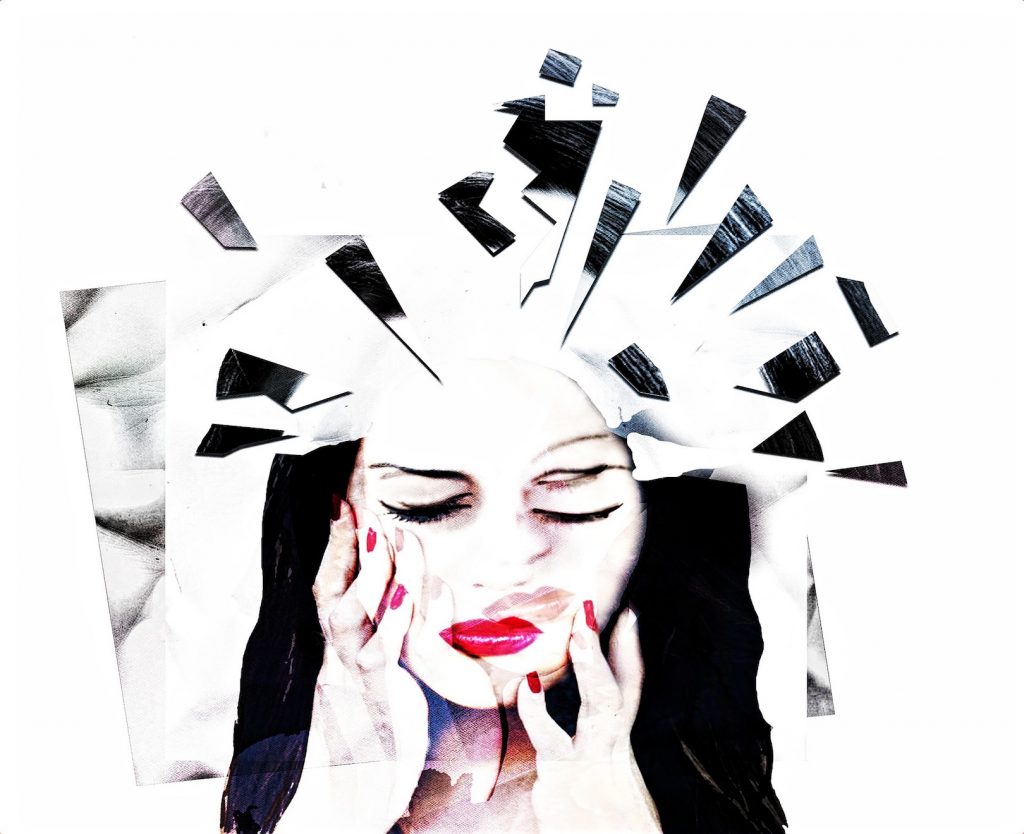
by Subrina Singh – Follow @Subrinalalala
I was 14-years-old when I knew that I wanted to go to therapy. I needed someone to talk to. My mind was flooded with random thoughts that kept me awake at night. I needed someone with whom I could sort through these thoughts and begin my path to self-discovery. There was a part of me that knew my parents wouldn’t understand this need. There was very little, at that point, that they had ever understood about my wants, my needs, or me in general. I felt alone, lost, and misunderstood. But still, I had to try. I wanted to go to therapy, and at 14, the only way to get there was through them.
I spoke to my mom first. She listened. And then the first question was the one I had already predicted: Why couldn’t I just speak to her? What was the need to “air my dirty laundry” to another person? How could I speak to a stranger and not my own family? The questions, masked through judgments, felt never-ending.
There was a point in the so-called “conversation” that I began to wish I had never even broached the topic. But still, there was that part of me, deep down, that knew I needed the help. That was the part that kept me up at night, the part of me that heard voices, that felt paranoid, and the part that could no longer bear the anxiety.
[Read Related: #TherapyTalk: I Stopped Making Excuses and Discovered I Wasn’t Alone]
I couldn’t explain all this to my mother. All I could say, at the time, was that I needed to speak to a therapist because I was stressed. It seemed like a vague enough expression to warrant some type of concern. Stress. It’s such an overused, ambiguous term that has really lost so much meaning, but at the time felt appropriate. I was a high school freshman in all honors classes and I thought I could use “being stressed” as a scapegoat to get me to the therapist’s office. The plan, though poorly executed, did work. My mom eventually convinced my dad, and I landed myself my first therapy visit.
Thirteen years later, I am still in therapy, and while I can’t recall all the therapists I have worked with, I am forever grateful for their help. Two years after my first therapy visit, I began to see my psychiatrist and was diagnosed with bipolar disorder. Therapy is a huge part of my treatment. My medication can only help me so much, but therapy has taught me how to live—it has taught me how to cope with my anxiety and my paranoia.
[Read Related: #TherapyTalk: How to Talk About Feelings When You’ve Been Told Not To]
One of the greatest gifts therapy has given me is the gift of communication. I owe most of this gift to a specific therapy: Dialectic Behavioral Therapy (DBT). During my sophomore year of college, I was in an intensive outpatient program focused on DBT. In this program, I worked on a lot of coping mechanisms, as well as communication skills to better my relationships. I feel forever indebted to this amazing program. There were so many times over the years when I asked myself, how would I learn to live with my bipolar disorder? While it is an ongoing process, because of my faith in therapy, I am confident that I will be able to overcome any obstacle that comes my way because I know I have the tools necessary to work through my problems. Or at the very least, to talk through them.
As South Asians, we’ve grown up in a culture where mental health is so stigmatized that the thought of seeing a “shrink” might shock our parents at first, but they come around…eventually. It’s important for us to remember that taking care of our mental health is just as important as taking care of our physical health. And one of the greatest ways to maintain your mental health is through therapy.
May is Mental Health Awareness Month. If you would like to contribute to our #TherapyTalk series, please email us at Staff@0mq.349.myftpupload.com with your submission.
 Subrina Singh is a passionate young writer. After completing her degree in all things Indian at Stony Brook University, she is now pursuing her Master’s Degree at Columbia University. More recently, she has become committed to using her experience with mental illness to help better the mental-health awareness within the South Asian community. Subrina enjoys writing, reading and drinking Starbuck’s Passion Tea Lemonade while singing Bollywood hits of the Golden Era. Follow Subrina on Twitter for her reactions to Pretty Little Liars every Tuesday night!
Subrina Singh is a passionate young writer. After completing her degree in all things Indian at Stony Brook University, she is now pursuing her Master’s Degree at Columbia University. More recently, she has become committed to using her experience with mental illness to help better the mental-health awareness within the South Asian community. Subrina enjoys writing, reading and drinking Starbuck’s Passion Tea Lemonade while singing Bollywood hits of the Golden Era. Follow Subrina on Twitter for her reactions to Pretty Little Liars every Tuesday night!




